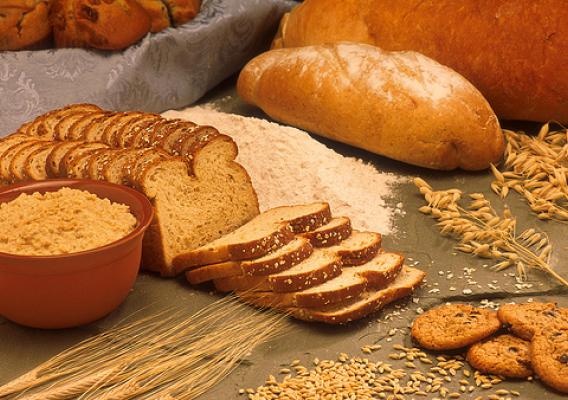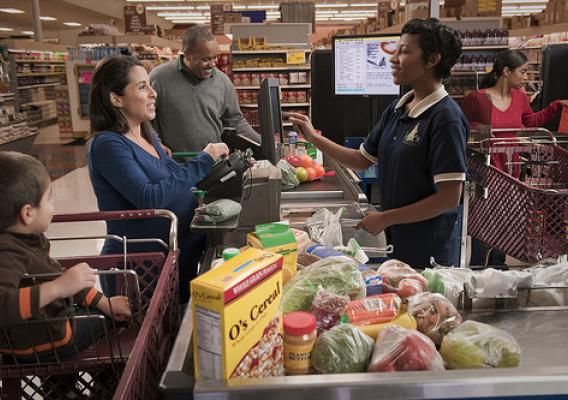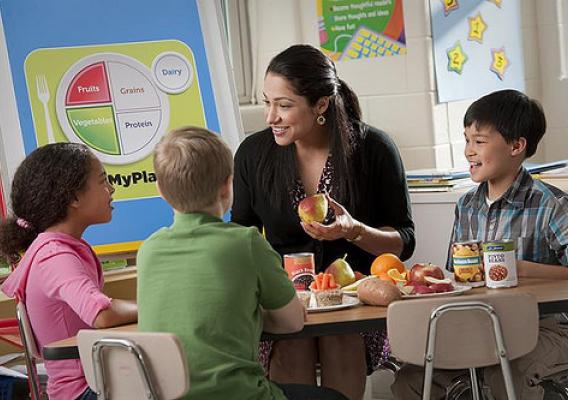In honor of Registered Dietitian Day, today we celebrate Registered Dietitians around the country, working in all facets of society including the Federal government. Across the Federal family, RDs work in nutrition research, nutrition education development, nutrition policy, nutrition assistance programs, and much more, providing leadership, knowledge and expertise that is critical to Federal programs. To help celebrate RD Day the President of the Academy of Nutrition and Dietetics highlights the importance of RDs and their service to Federal nutrition programs.
By Dr. Evelyn F. Crayton, RDN, LDN, FAND, President of the Academy of Nutrition and Dietetics
I am proud to be a registered dietitian nutritionist, especially on Registered Dietitian Nutritionist Day, which is being celebrated today – March 9. This special day, created by the Academy of Nutrition and Dietetics, recognizes nearly 100,000 devoted food and nutrition experts and recognizes RDNs in every area of practice.
Among my greatest sources of pride are the RDNs who work with the U.S. Department of Agriculture and other government agencies to decrease food insecurity and improve food safety throughout the United States.










